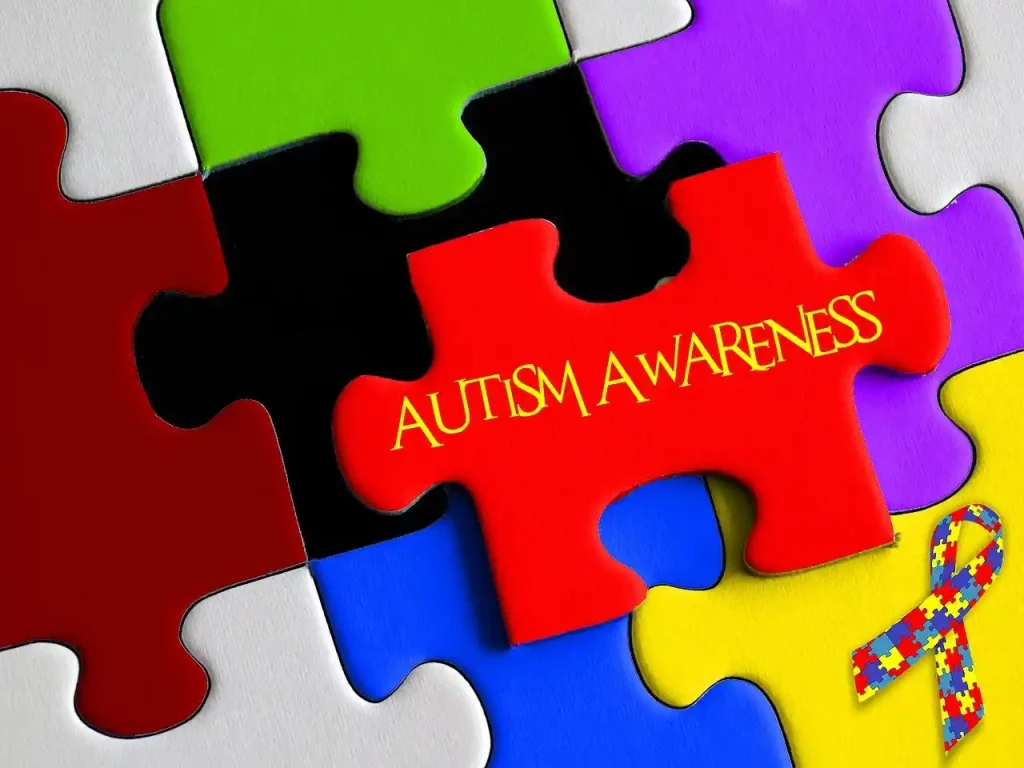Autism Spectrum Disorder (ASD) is a complex neurodevelopmental disorder that affects social communication, interaction, behaviour, and sensory processing. The causes of autism are not yet fully understood, although genetics and hereditary factors are known to be significant contributors to the risk of developing ASD. Discover the latest research on ASD-associated genes and how they are passed down from parent to child. Learn more about which parent carries autism gene.
Table of Contents

Hereditary Factors in Autism
Autism is widely believed to have both genetic and environmental components. While the environmental factors are still under research, past studies have shown that families with a history of autism have a higher chance of developing the disorder. This evidence suggests that genetics play a significant role in the development of Autism Spectrum Disorder.
Autism Risk in Families
The chance of developing autism in a family with autistic members is relatively high. According to recent studies, the risk of a child developing autism is approximately 20% higher if they have a first-degree relative with the disorder. Having a second-degree relative with ASD also raises the risk by approximately 3-6 times the general population’s rate.
Autism Gene Expression in Parents
Several studies have shown the existence of several ASD-associated genes, which could be passed down from parent to child. However, the specific genes that cause autism have not yet been identified, and research is ongoing to understand the complex interactions between the genetics and environmental factors that cause ASD.
Genetic Testing for Autism
Genetic testing can identify some of the genes associated with autism. However, not all individuals with autism have mutations in these genes, making genetic testing not a definitive diagnosis. Genetic testing can provide helpful information for family counselling and support.

Understanding Autism Spectrum Disorder
Autism Spectrum Disorder is a complex neurodevelopmental disorder that affects many aspects of behaviour and cognition, including social interaction, communication, sensory processing, and repetitive behaviours. It is a spectrum disorder, which means that it affects everyone differently and with varying levels of severity. ASD is often diagnosed in early childhood, as many symptoms typically appear between the ages of 2 and 3.
Genetic Factors and Autism
Several genetic factors, including inherited mutations, copy number variations, and chromosomal abnormalities, have been associated with the development of ASD. Among these factors, inherited mutations in specific genes have been identified as strongly associated with the development of autism.
Role of Genetic Mutations
Many genetic mutations have been linked to ASD, affecting synaptic formation and transmission, signalling pathways, and immune system function. These mutations can impact various aspects of brain development and lead to autism’s characteristic social and cognitive impairments.
Inheritance Patterns
The inheritance of ASD is not straightforward, with some cases inherited in a recessive or dominant pattern. However, most cases of autism are believed to be the result of the interaction of numerous genetic and environmental factors.
Which Parent Carries Autism Gene? Parental Contribution
It is hard to answer “Which Parent Carries Autism Gene?” The probability that their kid might develop ASD if both parents have genetic mutations. The risk is higher when both parents carry these mutations, increasing the odds that their child could inherit the mutations and develop autism.
Conclusion
While the causes of autism are not yet fully understood and no one can prove which parent carries the autism gene. But genetics and hereditary factors play a significant role in the development of ASD. Parents can inherit genetic mutations that could increase their child’s risk of developing autism. However, genetic mutations alone do not cause autism; they only increase the risk in the presence of other factors.
FAQ
If my husband has autism, will my child?
There is a higher risk of a child developing ASD if one of the parents has the disorder. However, it is not clear which parent carries the autism gene.
Is autism inherited from the mother or father?
There is no conclusive evidence to show whether ASD is inherited from the mother or father.
If I have autism, will my child have it?
There is a higher risk of a child developing ASD if one of the parents has the disorder. However, not all individuals with ASD have a genetic mutation, and not all individuals with a genetic mutation will develop the disorder.
If my cousin has autism, will my child?
The risk of ASD depends on the genetic risk of the family. If there is a history of ASD in the family, the risk of having a child with the disorder may be higher. Instead of worrying, get a consultant session with the doctor.
Is high-functioning autism hereditary?
High-functioning autism has a genetic origin, but it is not clear which parent carries the autism gene.